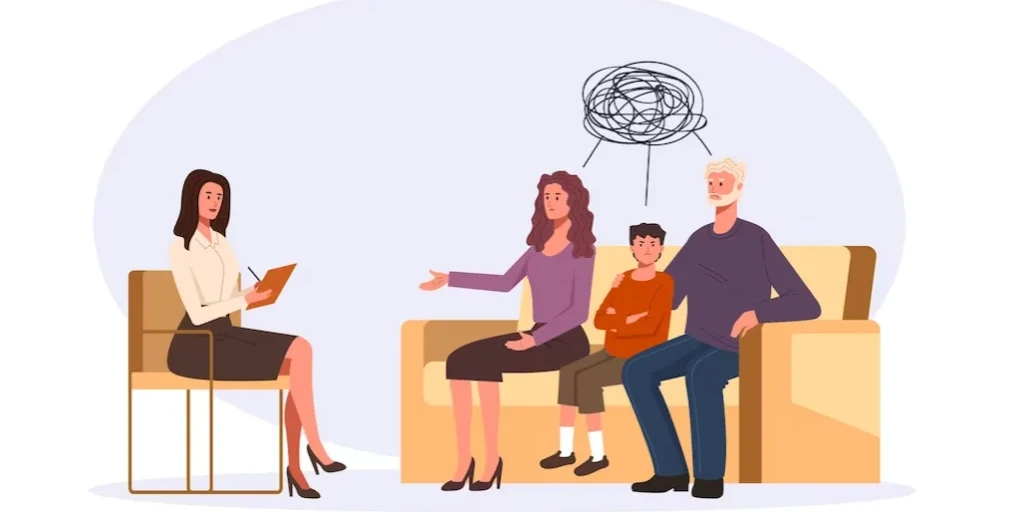24/7 Helpline:
(866) 899-221924/7 Helpline:
(866) 899-2219
Learn more about 12-Step Rehab centers in Osage County

Other Insurance Options

Health Partners

PHCS Network

Medical Mutual of Ohio

Regence

Magellan Health

CareSource

Ceridian

Covered California

Choice Care Network

Anthem

Coventry Health Care

EmblemHealth

Excellus

Optima

United Health Care

Evernorth

WellCare Health Plans

Ambetter

Cigna

Amerigroup

Osage Nation – Primary Residential Treatment Center
Osage Nation- Primary Residential Treatment Center is a drug and alcohol residential program run by ...


















































































Edwin Fair Community Mental Health Center – Outpatient
Edwin Fair Community Mental Health Center – Outpatient is a private rehab located in Pawhuska, Oklah...



























































